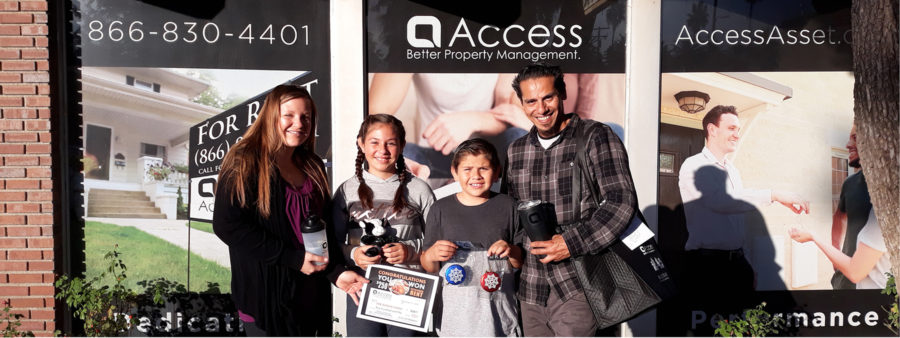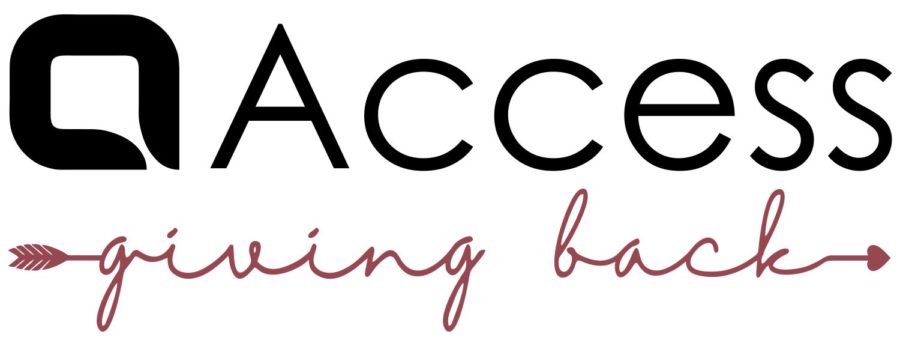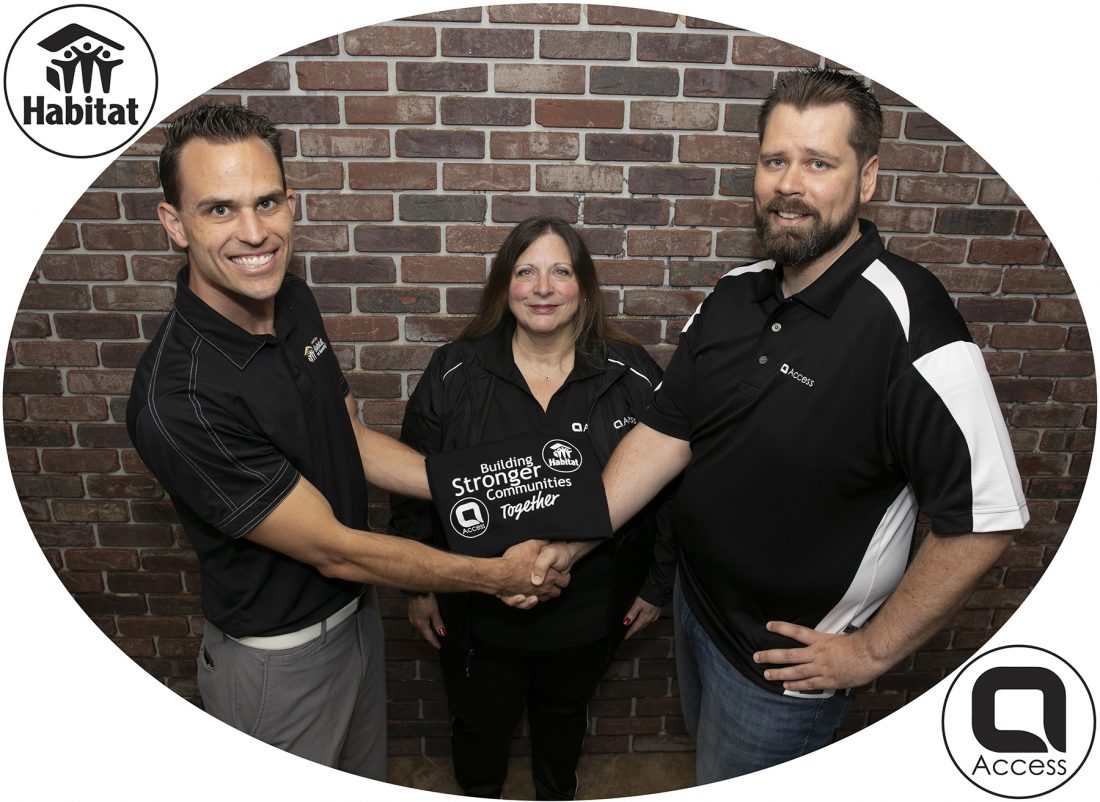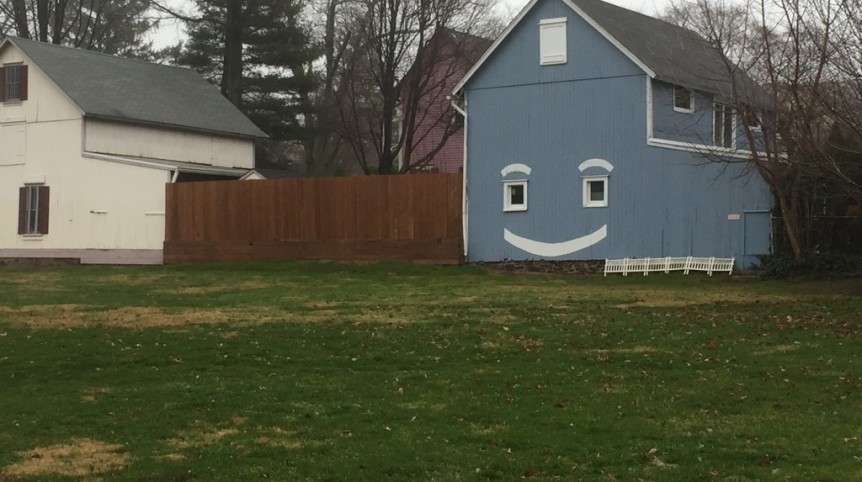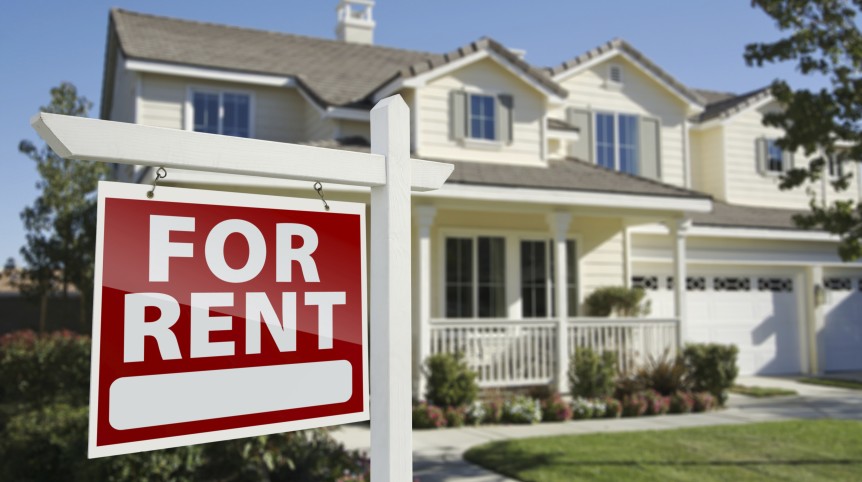During our years of property management and speaking to our owners, we have noticed two distinct strategies for renewing a lease with a tenant. First, we have owners that will do anything to keep the tenant and do not want to “rock the boat”. Second, owners who demand a rental increase of X amount based on various reasons. This post will examine both thought processes and conclude with Access’s methodology and processes in procuring lease renewals.
Let us start by looking at the approach of never increasing rents. The positive is a greater chance to obtain a lease with the tenant and another 1+ year of rental income. The problem we see with this model, is when tenants become long-term. This is even more evident over the past 2 years as rental rates have increased as much as 20%!. In one scenario a 3 bedroom rented for $1,400.00 in 2012/2013. The current market value in 2016 for their rental home is $1,700.00. By not increasing rents this owner is effectively losing $3,600 a year! Most people would evaluate their property at this point and decide maybe they should increase rent. But to what amount? $100.00 still leaves you with $200.00 potential loss. $150.00 seems fair as you are meeting them halfway, but now we are placing the tenant into a position where their budget may be stretched. You would have gained more money and set a clearer expectation to the tenant with incremental increases of $40-50 a year.
Many owners feel that because the rent is not increased the tenant will therefore treat the property better. Although this sounds nice there is no evidence to suggest its truth. Furthermore, many times an owner will not increase rent because the tenant does a good job of taking care of the house, or repairing minor items. Again, our experience shows that in most cases a tenant who does not submit work orders and claims to fix everything themselves, is just ignoring the problems to be deferred when they move-out. This is not to say this is always true, but the more likely situation. [The average maintenance costs for a rental is 8-10%, but because Access is better we expect to spend around 6% gross rents. So on $1,700.00/mo we expect to spend $1,224 a year on maintenance. This number also accounts for re-roofing/turnovers/water heaters etc. That’s $102.00 a month, a doubtful number of savings by taking care of minor items. A more likely estimate is around $20.00 a month savings for minor repairs or 2%/] Still, we do want to reward tenants who are overall deemed “good”.
Now, in examining the owner who is constantly pushing rental amounts to the current market value. The only positive is the ability to gain the highest gross rental income, but it comes with too many potential negative. First, you will see higher vacancy rates. Second, you will see an increase in work-order requests. From experience these two things always happen when pushing rents on tenants without negotiations and sound arguments. Most people will not move if they go online and see that their rental increase is still 5-7% under fair market value. But if you are pushing rent to the current market they may choose to downgrade or try another area as there is no cost benefit to staying.
Now let’s take a look what Access believes is a logical, tried and true method for determining rents at lease renewal. Remember that this is an investment, at the end of the day we are talking dollars and cents and an actual return on the money you put into your investment. In that same scenario where the rent was $1,400.00 but the fair market value is $1,700.00. What increase is justified if it will cost you 3 weeks vacancy and $850.00 placement fee, or $1,830.00 (maintenance costs are expected and not a factor in deciding to turn-over a tenant.) A $100.00 increase gains $1,200.00 over the year, a $630.00 loss in potential gains. $150.00 is $1,800.00 over the year, only a $30.00 loss. Thinking in these terms helps us understand our investment and how to negotiate to our benefit. Still, look at the alternative, a $1,830.00 loss compared to re-marketing at $1,700.00 would see a $1,770.00 yearly profit. We believe that $150.00 increase is still too little. And here’s why.
Access has determined the typical renter stays for approximately 2 years, so in this case if you do not increase rent the 2nd year you actually lose $1,800.00 ($150/mo. lost in potential rents). The actual increase should have been $200.00. Comparing the numbers again, $1,830.00 loss to re-rent but a gain of $7,200.00 over two years is a $5,370.00 gain. A $200.00 increase over two years is a $4,800.00 gain. So we still “lose” $570.00 potential, but there was little risk involved if we were able to negotiate $200.00 increase, and the tenant should be happy as their home is 6% under the fair market value.
Typically this is where we want to be, renegotiating leases for 5-7% under fair market value. This makes the tenant happy because they are still getting a good deal, and the owner happy as their investment does not become stagnant.
To simplify, if a tenant is not willing to negotiate an increase bringing the home within 5-7% under the market rate we suggest allowing the vacancy to yield an increase profit in rent projecting a two year minimum lease.
